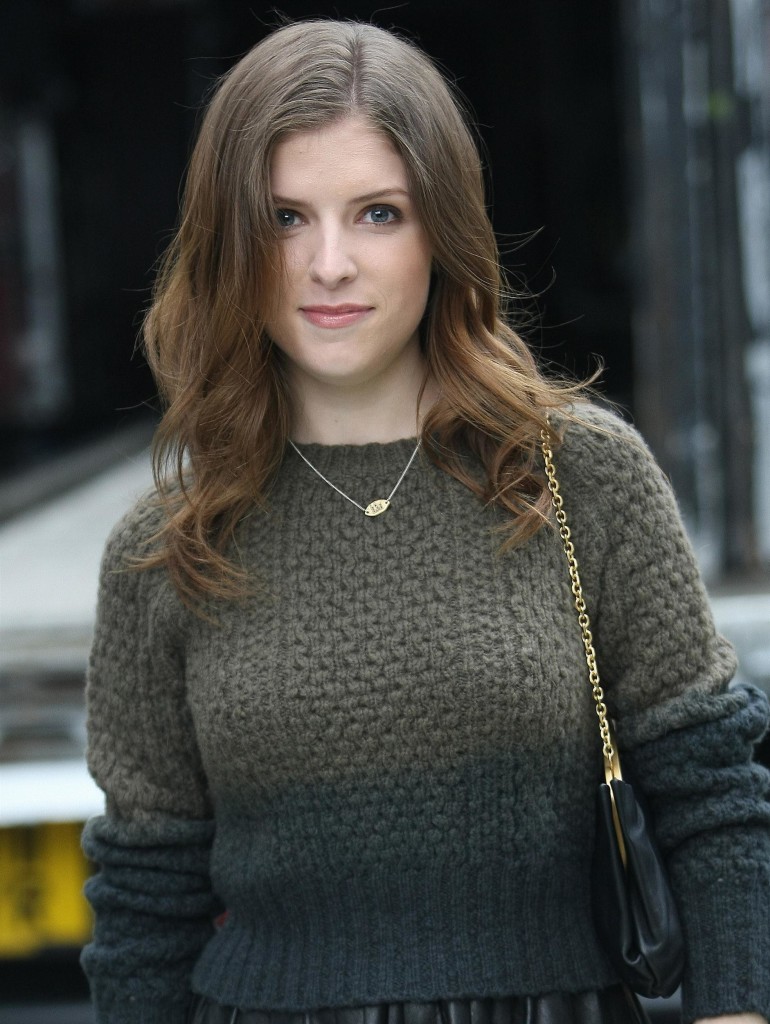Genre: Drama
Premise: An intensely angry woman in a chronic pain support group starts looking into another member’s suicide while not really trying to put her life back together.
About: This finished on last year’s Black List and is currently in post-production with Jennifer Aniston and Anna Kendrick starring. In a testament to the value of hard work and perseverance, the writer, Patrick Tobin, has been writing for over 30 years, graduating from USC film school almost 25 years ago! This is his first big breakthrough success. The script has led him to another job adapting the Pulitzer-prize winning novel, “A Visit From the Goon Squad.”
Writer: Patrick Tobin
Details: 106 pages
Thank you to the Dragon Gods of Screenplay Heaven for an easy screenplay to read! Been waiting for a script like this for awhile. One that was minimalist but STILL contained depth! I hereby implore all of you, Scriptshadow Readers, to find this script and read it (it’s in the 2013 Black List folder, which everyone on my mailing list should have). This script embodies the spirit of the original Black List. Unknown writer taking a chance, writing something different and non-commercial, and getting recognition for it.
We’re on day 2 of the “passion v. commercialism” argument. And if these last two scripts are any indication, passion is winning! Ah, but that doesn’t mean you can write about your boring everyday life and get away with it. You gotta have skillz! You need to know how to burn this kind of joint before you can smoke it. Which I’m going to get to. But first, let’s take a bite of this delicious cake.
Cake is about 30-something Claire. We meet Claire in a Chronic Pain support group, where she’s sporting some scars on her face and neck. Clearly, she’s been in some sort of bad accident. But it isn’t just Claire’s body that’s hurting. Yup, you guessed it. It’s her soul, too.
A former attorney, Claire probably wasn’t the nicest person to begin with. But this accident – whatever happened – has turned her downright nasty. She’s almost excited to share with the group, for example, that their recent group member’s suicide (which involved a woman jumping off a bridge onto a cargo ship) ended with the gooey remains being shipped back to her husband in a Rubbermaid Cooler.
The suicide in question is a young woman named Nina. Claire envies Nina because she had the guts to get out. And while she’s not sure yet if she wants the same, she becomes infatuated with Nina’s decision, and by association, her life. This eventually leads her to Roy, Nina’s angry husband (lots of angry people here). It’s refreshing meeting someone with so much anger though, so the two begin a dysfunctional relationship based on pretty much anything but love and happiness.
(spoiler) It’s here where we finally get a window into Claire’s past. That car accident she was in killed her son. And when that loss turned her into the monster she is now, it lost her her husband too. Ironically enough, Roy has a son of his own. And maybe, just maybe, through spending time with them, Claire can find a way back to happiness.
This was fun!
I bet you’re confused upon hearing that, seeing as that synopsis is pretty depressing. But this is the thing about “Cake.” Claire is really funny! This is something a lot of you writers want to take note of. The great thing about writing someone at the bottom – someone who has nothing to lose and who doesn’t give a shit – is that they can say anything!
Real people are the opposite of that. We’re all giant liars. When we’re feeling bad and someone asks us how we’re doing, we fake a smile and say “Good!” When we have issues with a friend, instead of rocking the boat, we bury our frustrations and pretend everything’s great. Claire doesn’t do that. When you say, how are you, she says, with as much sarcasm as she can possibly muster, fucking dandy, before she shoots you a bitch smile and walks off.
Watching someone so untamed for 106 pages was refreshing. Now it’s a balancing act, because having an unlikable protagonist can backfire, but the thing about Claire was you understood why she was upset. She’s living through hell.
Also, there’s a huge difference between being unlikable fun and being unlikable boring. If Claire just kept to herself the whole time and was super duper depressed and barely said anything, we would’ve hated her. The fact that she’s so sarcastic and hilariously mean to everyone makes her fun to watch.
Recently, somebody asked me about the “slow build.” How do you do it? Cake is a nice template because you really don’t have much of a story here. Claire’s “goal” is to learn about Nina, but it’s a fairly loose thread.
When you’re building stuff up slowly, it’s important to set up mysteries (or you can call them “questions”). Mysteries allow you to move through your story slowly because the reader will still want to find out the answers to the mysteries.
Here, for example, we see those scars on Claire’s face and neck. We want to know what caused them. Claire wants to know why Nina killed herself. We do as well. Claire and her ex-husband have a bizarre relationship. We want to understand it.
Tobin keeps setting these little mysteries up, and they string us along. Combined with a fascinating character who’s acting the complete opposite of how normal human beings act, and it’s pretty easy to see why this is so readable.
Another thing that was nice to see was (spoiler) there was no super-deep melodramatic monologue moment. Usually when you have a script with a dying child like this, particularly one where the main character played a part in the kid’s death, you get the obligatory scene where they monologue their memories of the event, which ends in them crying and saying something to the effect of how they now know it wasn’t their fault.
It’s not that you don’t want highly emotional moments. But you don’t want anything obligatory about your script. Particularly if you’re not writing a mainstream movie. I mean, if you’re going to write something personal, it better be fucking unique. So say it with me everyone: Obligatory is a bad word. Bad obligatory!
Another reason this really worked for me is that with these protagonists that hate the world, there’s an inherent need to see them change. We want to see Claire find happiness again. We want her to overcome her boy’s death and her physical pain and want to live again and, frankly, not be so mean to everyone.
But this ONLY works if you’re truthful with the character. You have to be real. You can’t candy-coat the character and give them some artificial likable quality so we like them. You have to be honest and make her really mean.
Unfortunately, this comes with its own share of risks. People might end up hating your character if you don’t make them just right. I liked Claire because she was real, she was funny, and I understood why she was angry. But for other readers, it might be too much. They might not be able to excuse those qualities in anyone.
And also, these movies never make a lot of money. They’re always going to cater to niche cinephile audiences unless every single aspect of the production hits it out of the park, which is rare. So know that when you write these movies, you’re writing to an indie audience, which makes them a lot harder to sell.
With that said, this was a wonderful little script that totally surprised me. I love Patrick Tobin’s writing style and his unique voice. I’m actually shocked it took him this long to break through. Now let’s just hope the movie’s good!
[ ] what the hell did I just read?
[ ] wasn’t for me
[ ] worth the read
[x] impressive
[ ] genius
Number of times I checked the internet during read: only once!
What I learned: If you’re going to make your main character “unlikable” in the form of them being an asshole or a bitch, just make sure it’s motivated. Nina is a bitch because she lost everything. She lost her son. She lost her marriage. She lost her looks. She’s angry at the world for a reason, so we understand it. If she’s a bitch “just because,” the reader’s going to hate her.



